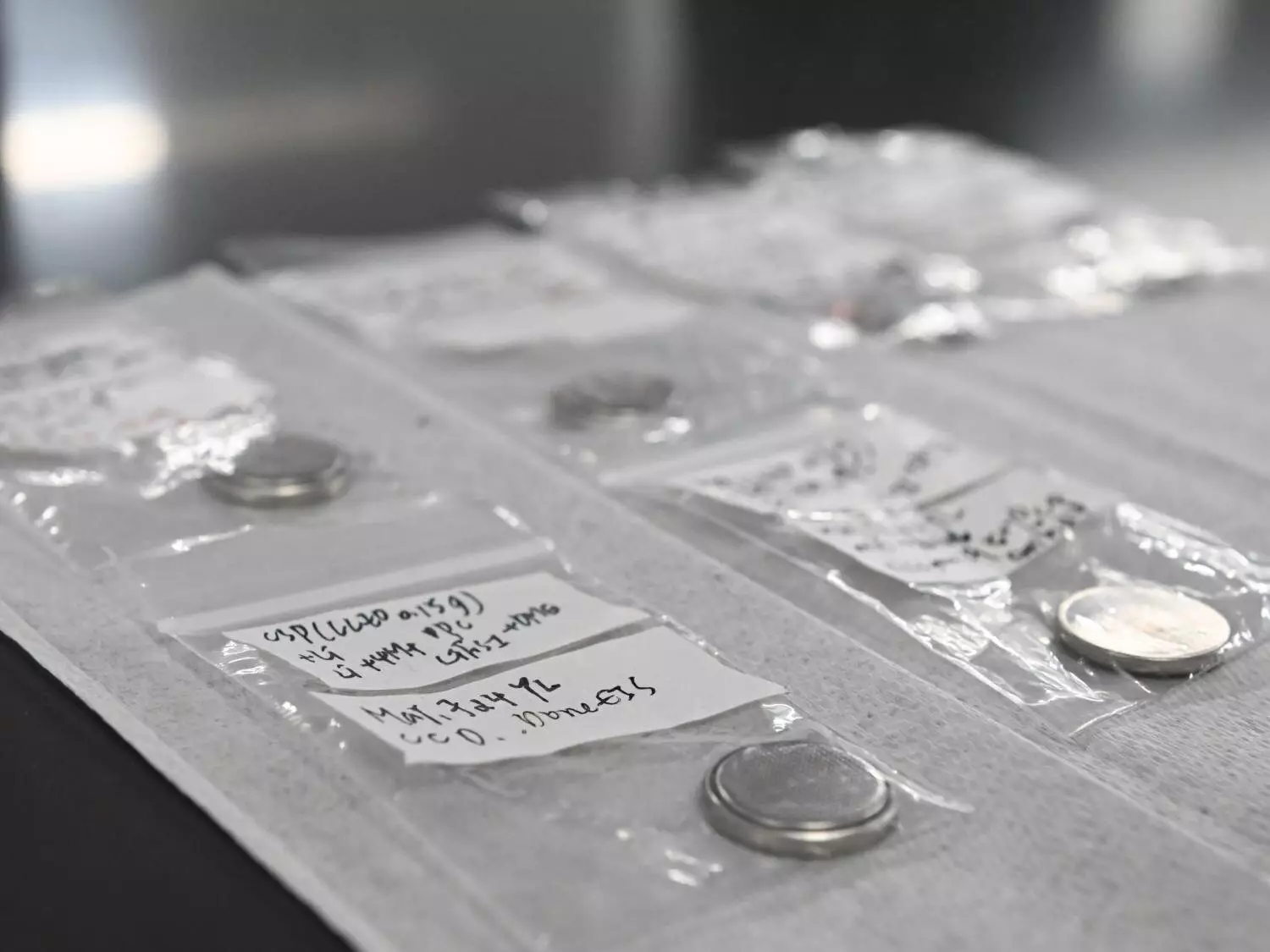The current methods of recycling batteries, particularly solid-state lithium batteries, have been ineffective in fully utilizing the components of the batteries. Traditionally, most of the core battery components end up as a “black mass” during the recycling process, making it challenging to separate out the materials needed for batteries. Solid-state batteries exacerbate this problem, as the solid electrolytes also become mixed in with the black mass, further complicating the recycling process.
A team of Penn State researchers, led by Enrique Gomez, has come up with a groundbreaking solution to this recycling issue. By reconfiguring the design of solid-state lithium batteries, they have made it possible to recycle all the components of the battery easily. The key innovation lies in inserting two polymer layers at the interfaces between the electrode and the electrolyte before the recycling process begins. By dissolving these polymer layers during recycling, the researchers were able to separate the electrode from the electrolyte, making recycling much more efficient.
To effectively recycle the components of the solid-state lithium batteries, the researchers used cold sintering, a process developed in 2016 by a team of researchers at Penn State. Cold sintering involves combining powder-based materials into dense forms at low temperatures through applied pressure using solvents. The team successfully combined recovered metals and electrodes using cold sintering, reconstructing the battery with the polymer layers added. This innovative approach enables the recycling of the entire battery, which can then be recycled again after use.
Performance and Future Implications
After testing the performance of the reconstructed battery, the researchers found that it achieved between 92.5% and 93.8% of its original discharge capacity. This demonstrates the viability of the new recycling method for solid-state lithium batteries. While the commercialization of these batteries is still in its early stages, the work done by Gomez and his team provides important insights and ideas for designing recyclable versions of these batteries. By focusing on the end-of-life of battery technology, they have opened up new possibilities for a sustainable and efficient approach to battery recycling.
The innovative approach taken by the Penn State researchers in reconfiguring the design of solid-state lithium batteries and utilizing cold sintering for recycling represents a significant step forward in battery technology. By addressing the challenges of traditional recycling methods and finding a way to separate and recycle all the components of the battery, they are paving the way for a more sustainable and environmentally friendly future for battery technology. As the demand for rechargeable batteries continues to grow, it is essential to consider the end-of-life of these technologies and develop solutions that maximize their potential for recycling and reuse.


Leave a Reply
You must be logged in to post a comment.